People are finding out why there are lots of locks on bridges. It’s about love and commitment between couples.
The tradition of putting padlocks on bridges has become popular worldwide. Many couples do this to show their love and commitment.
This practice seems simple, but it holds deep meaning for those who take part in it.
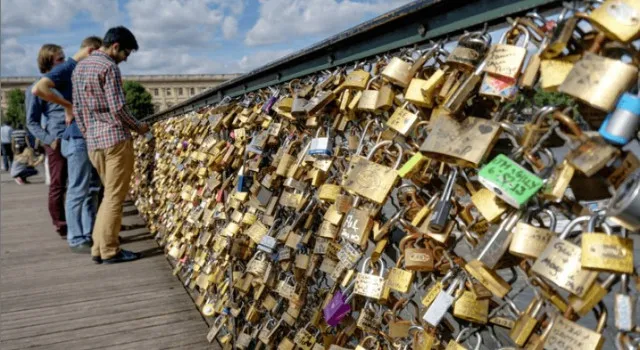
The bridge of love lock
Love locks are symbolic padlocks that couples fasten onto bridges with their initials.
These locks signify enduring commitment, as the key is ceremoniously dropped into the water below.
The exact origins of this tradition remain unclear.
However, a notable early instance is traced to Vrnjačka Banja, Serbia, during World War One, particularly on the Most Ljubavi (“Bridge of Love”).
In the 2000s, the custom became popular in Italy because of a romantic book by Federico Moccia about the Ponte Milvio bridge.
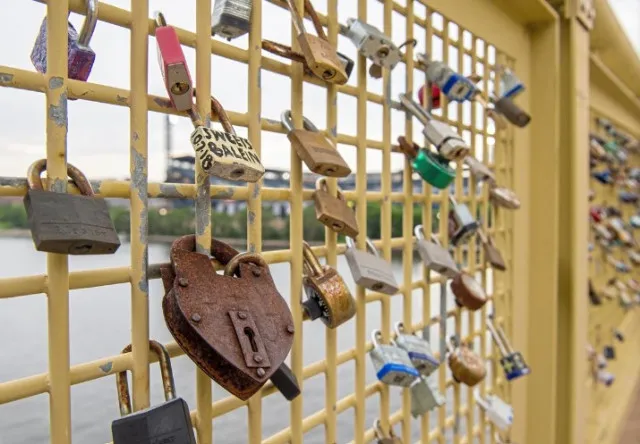
They are becoming popular all over the world, drawing attention from researchers.
This trend shows how traditions can spread naturally from one place to another.
People are not formally taught to do this; they just pick it up from othelocks
They are a clear example of cultural diffusion, where customs move and change as people share ideas.
Couples attach these locks to bridges to show their love and commitment.
After locking them, they often throw the key into the water below.
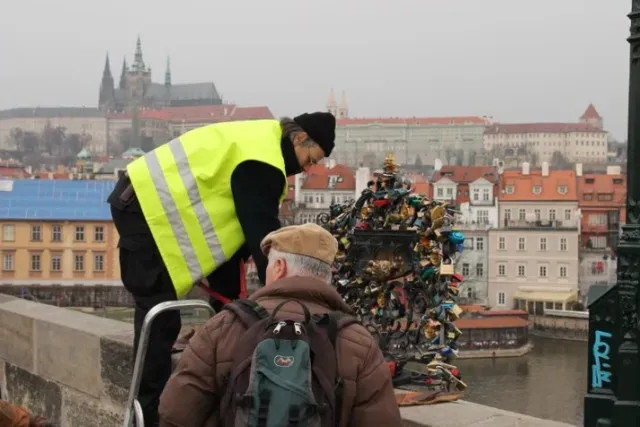
This act creates a strong connection between the couple and the place.
Love locks appeal to many people because they are a simple yet powerful way to express love and unity.
They create special memories for couples and add charm to the bridges where they are placed.
The study of love locks and their meanings.
The love lock was the main topic of a paper written in 2017 by Ceri Houlbrook from the University of Hertfordshire.
Houlbrook studied Oxford Road Bridge in Manchester, UK. She described the bridge as “barely recognizable as a bridge.”
On February 12, 2014, she noticed and took photos of seven padlocks on this bridge.
Less than a week later, another padlock was added.
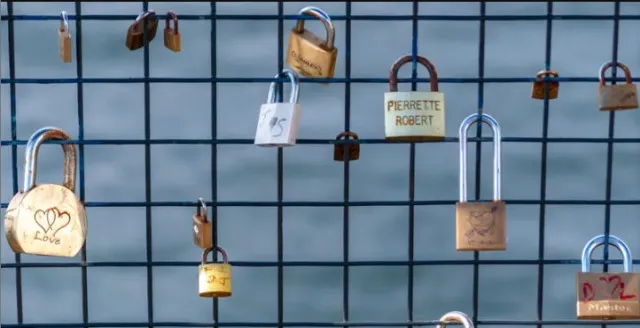
By the end of the month, there was another one. By the end of May, the total grew to 15 locks.
This showed how love locks can attract more locks, creating a “magnetic-like effect.”
Over three years, Houlbrook’s study found a total of 409 love locks on Oxford Road Bridge, which continued to draw couples.
“Most often, couples deposited love locks as a statement of romantic commitment.
This usually happened while they were on holiday or attending special events, such as shows at the nearby Palace Theatre,” explained Holbrook.
“These interviews revealed that deposition was occasionally timed to coincide with an anniversary, engagement, or birthday.
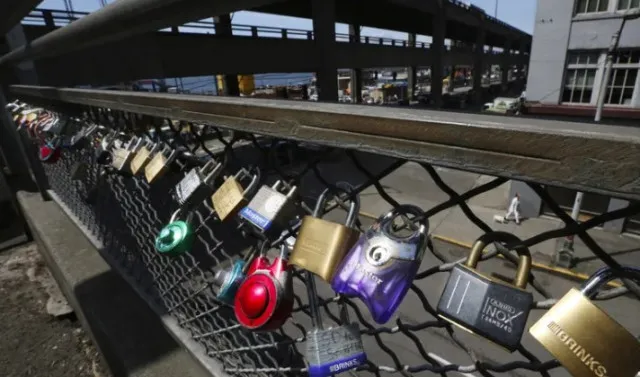
However, other motivations emerged during the interviews.
For example, one elderly couple in Bakewell attached their love lock to a bridge to celebrate a recent lottery win.”
The study of a small bridge in Manchester teaches us important lessons about archaeology.
Archaeologists can learn that accumulations should not be studied at just one moment in time.
“This idea encourages us to question what we think we know about the place, people, pace, and purpose of past accumulations,” concluded Houlbrook.
“And yet three years and 409 lovelocks later, the author still believes this custom has more to teach us.”
Love locks are dangerous
Love locks are a romantic practice, but they are not always permanent.
For example, a woman traveled 9,580 kilometers (5,953 miles) from Los Angeles, USA, to Seoul, South Korea, to remove a love lock with bolt cutters after her relationship ended.
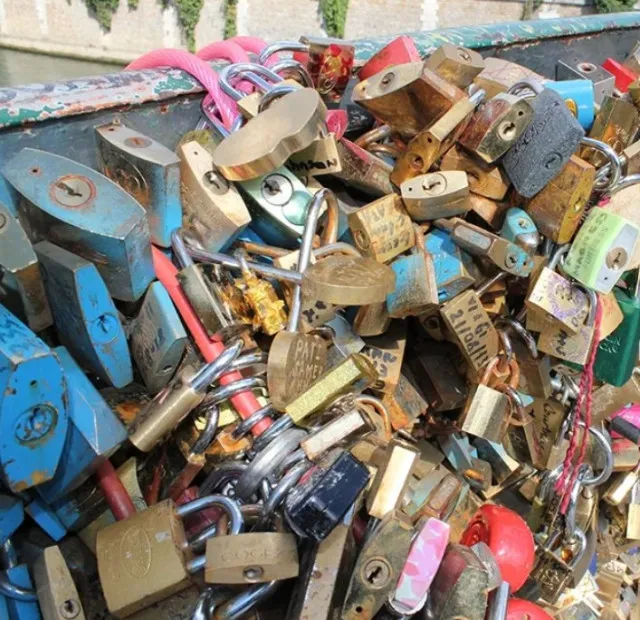
Besides the expensive plane tickets, love locks can also be a danger to public safety.
In some places, the large number of locks made fences unstable.
Because of this, councils in cities like Paris and Melbourne have removed love locks.
While some people might say there are better, cheaper, and safer ways to show love, the study of love locks is still interesting.